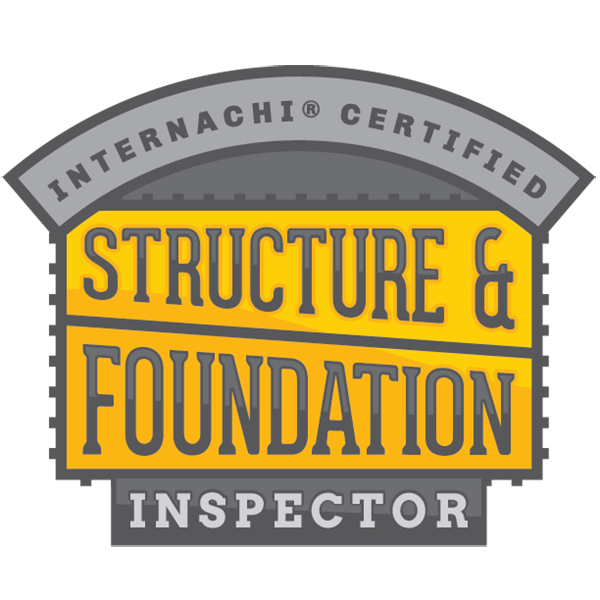Simple Water Quality Testing
Water Testing kept simple and explained without the pressure of purchasing a water treatment system. Simply put we are merely the conduits of information and let you go into your plumbing situation with the most helpful facts we can give you at a reasonable price.
What Is a water Quality test?
A water test includes taking a sample of the drinking water from the home, interpreting the test results and providing you numbers.
Our water test checks for:
Lead and heavy metals (Copper, Zinc, Mercury, Manganese, and Iron)
Free and Total Chlorine, Fluoride, Sodium Chloride, Hydrogen Sulfide, Bromine
Nitrate / Nitrite
Nitrates and nitrites
Total Dissolve Solids
PH
Water Hardness, Total Alkalinity, Carbonate
Our water test DOES NOT check for:
E Coli-Bacteria
Do I Need to Order a Water Quality Test in Addition to a Home Inspection?
A standard home inspection does not include water quality testing and cannot determine potential safety concerns through visual evaluation or a sewer scope inspection. Water testing is necessary to identify contaminants and ensure the water is safe for use.
Several indicators to needing water testing at a home inspection are:
If the home has a private well (testing is often required by lenders). We do not offer bacteria testing but can work with local licensed labs for a custom fee based on lab fees and desired turn around to get you what you need in this specific circumstance.
If you notice discoloration, odors, or unusual taste in the water.
If the home is in an area with known water contamination issues.
If the plumbing system contains older pipes that could leach lead.
If anyone in the household has sensitive health conditions.
Do You Offer Water Testing Inspections?
Yes, we offer water testing in addition to all home inspections for an additional fee.
What is Included in Water Quality Testing?
A water test involves collecting a sample from a home's water supply and analyzing it for contaminants, minerals, and other properties that may affect its safety and quality. Here’s how the process typically works:
1. Collecting the Sample
A sample is taken from the home's water source, usually from the kitchen sink or the well (if applicable).
In some cases, multiple samples may be collected to test different points in the plumbing system.
Proper collection procedures are followed to avoid contamination, such as using sterile containers and following lab guidelines.
2. Reviewing the Results
Results are compared to EPA (Environmental Protection Agency) or local water quality standards to determine if any levels are unsafe.
If issues are detected, there may be courses of action that include: further testing, filtration systems, softeners, or disinfection.
How Much Does Simple Water Quality Testing Cost?
Where Do You Perform Water Quality Testing?
Tulsa and surrounding areas:
Jenks | Bixby | Broken Arrow | Coweta | Wagoner | Muskogee | Catoosa | Claremore | Owasso | Pryor | Collinsville | Skiatook | Sand Springs | Sapulpa | Glenpool | Mounds




